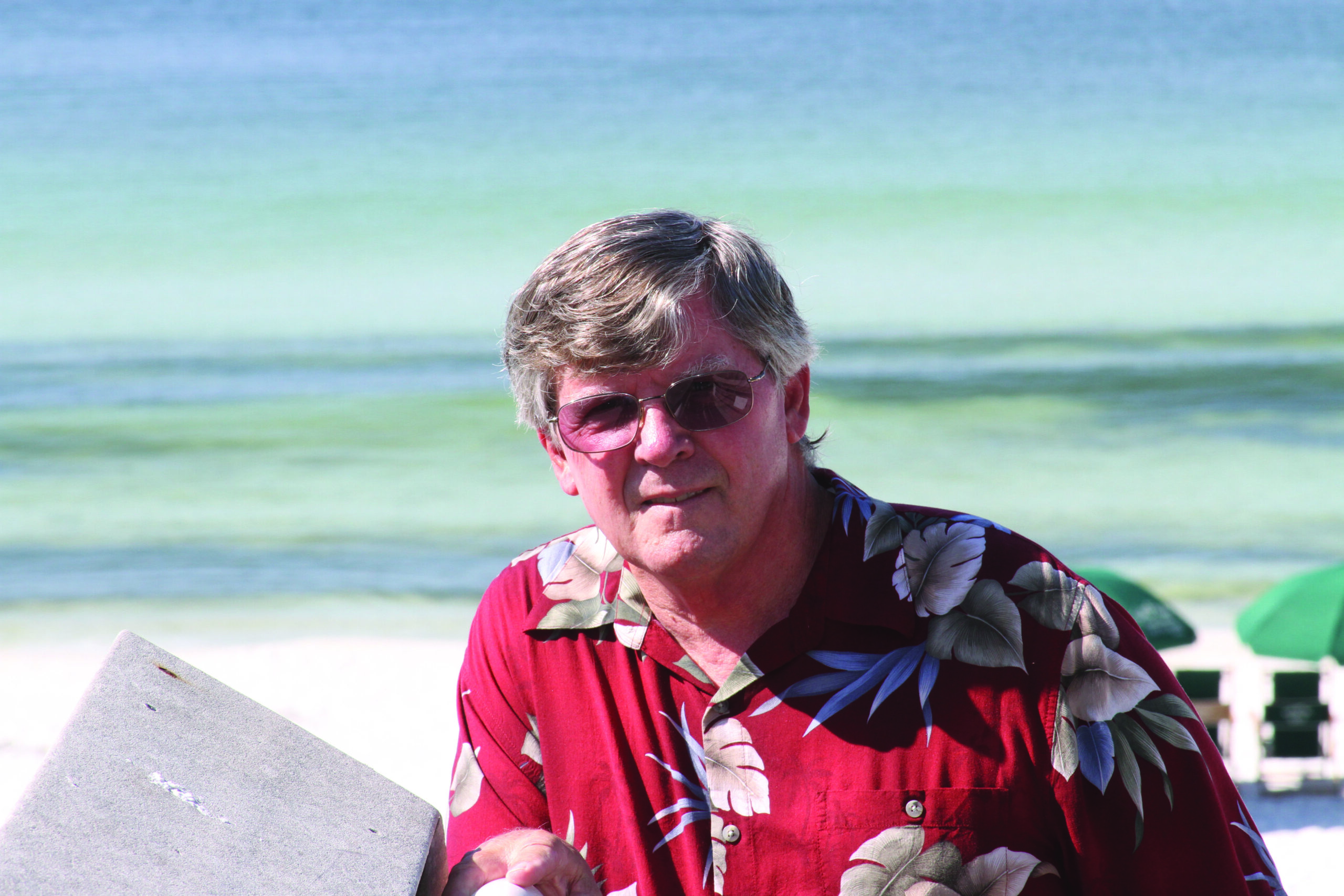By Hardy Jackson
In some states, April was designated Confederate History and Heritage month.
Every year when it rolls around, the historian in me feels obligated to have something to say about it, even though to do so runs the risk of a nasty letter to me (or to the editor) from sp,e group that feels it has a lock on history and resents anyone intruding into their territory.
Well, this year I will leave the “saying something about it” to someone who was there.
Like Daniel O’Leary.
Back in the 1970s, a packet of letters came to my attention. They were written by a Union officer, Daniel O’Leary, to his wife back home. One of the letters I found particularly interesting. It told of an incident that took place early in 1864, somewhere in Northwest Georgia or Northeast Alabama.
In the letter, O’Leary writes his wife of how, during a break in the fighting, a comrade-in-arms took him for an afternoon outing “some distance beyond the pickets.” O’Leary agreed to go even though it was “rather a dangerous undertaking” and he “did not have the least desire to be furnished with lodgings in the Southern Confederacy.”
However, he set aside those reservations and plunged into darkest Dixie. Later, back behind his lines, he wrote this account to his wife.
“But we did not proceed far when we came in sight of a comfortable looking house and my friend informed me that it would be the end of our journey.
We drew up in front of the house and a middle-aged gentleman made his appearance and received my companion as an old acquaintance . . . . [Then] we were ushered into the house. And to my surprise there sat two handsome young ladies. My friend was perfectly at home but I had to go through some more bowing and scraping and finally found myself seated much to my relief. I was not prepared for a conflict with such fair rebels and as they say in the army, was taken by surprise. I soon solved the whole mystery. I came with a single man and was paying his address to one of the young Ladies. As
there was one to spare and believing that I was single also, I suppose he thought he was doing an act of kindness. I tried to play my part as well as possible, but how well I succeeded I will never enquire. They played and sang several patriotic airs, first on one side and then the other, and it was some time before I could satisfy myself which side they were on. I finally managed to find out that they were good rebels who wanted their rights. What they were I could not learn, probably women’s rights. I knew that I was not right and was satisfied they had no use for me. I requested them to play Dixie, which they did and sang (the Southern side of course) in good style. After spending the afternoon very agreeably we returned to Camp after dark Safe and Sound.”
Then he closed the letter.
“I cannot help thinking what you would have thought if I had got captured and you were to learn it was while visiting a young lady. I suppose the first thing would be, ‘served him right.’ At all events I have no curiosity to try it over. As it is getting late I must bid you goodnight, hoping God will preserve you in good health, guard and comfort you in your lonely hours.”
I remain your loving husband D. O’Leary
Now what should we make of this, 150 or so years later? What does this tell us about a bloody conflict which divided families, turned friends against friends, and left psychic wounds that still fester among some of us.
Collaboration with the enemy? Were the Southern Belles really spies in disguise? Were they using their charms to entice their guests to tell some secret that they would later pass along to Confederate forces?
And oh, what charms they possessed, for why else would a Union officer go absent without leave and expose himself to capture and a Confederate prison?
The friend who led O’Leary on the outing obviously knew the countryside and its people. He felt safe there because, one imagines, and he never really considered it “enemy” territory. The war was fought on the battlefield, not in the parlor of a Southern home, where there was only polite talk of “rights” and songs that could be sung either way.
That afternoon, two Union officers were welcomed as guests in a Confederate abode. There they were treated to the hospitality that has long been a Southern character note.
Then they left and rejoined the invading army.
Make of that what you will.
Harvey H. (“Hardy”) Jackson is Professor Emeritus of History at Jacksonville State University. He can be reached at hjackson@cableone.ner. This letter is currently in the possession of Miss Jenny O’Leary, O’Leary’s great grand-daughter.


